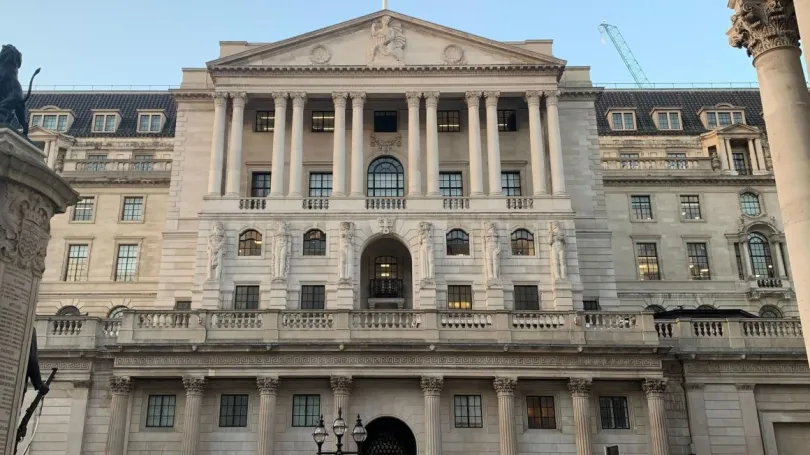
In the aftermath of the ongoing inquiry into the feasibility of a digital pound by the UK government, the House of Commons Treasury Committee has voiced substantial apprehensions regarding potential hazards to financial stability and individual privacy. The #Bank of England and HM Treasury, engrossed in the intricacies of ushering in a central bank digital currency (CBDC), necessitate a meticulous examination of the plausible risks linked with this transformative shift in the financial domain.
Apprehensions surrounding
Financial Stability Prominent among the concerns articulated by financial pundits is the repercussion a #digital pound could unleash upon conventional banking systems, particularly in times of financial tumult. The anxiety revolves around the prospect of individuals swiftly relocating substantial monetary sums from traditional bank accounts into digital pounds, thereby heightening the susceptibility to bank runs and posing a formidable menace to the stability of the entire financial apparatus.
Privacy predicaments on the horizon
Concurrently, there exist grave concerns regarding the management of personal data pertaining to users of the digital pound. The committee underscores the potential for governmental surveillance and the potential misuse of financial transaction data, eliciting genuine anxieties about the preservation of individual privacy rights. The vision of a universally accepted, risk-free electronic substitute for cash, operable through smartphone wallets, may furnish governmental bodies with unprecedented access to personal financial transactions, prompting disquietude about the erosion of privacy.

Harmonizing innovation and risk
In response to these reservations, the committee advocates for a scrupulous approach, proposing the contemplation of a lower limit on individual holdings of digital pounds, potentially beneath the Bank of England's suggested £10,000-£20,000 threshold. Drawing inspiration from the #European Central Bank's discourse on a €3,000 limit per person for a digital euro, this measure seeks to alleviate the risks linked with rapid transfers during financial crises.
Furthermore, experts accentuate the imperative need for robust privacy safeguards to forestall unwarranted intrusions into the privacy of digital pound users. The potential escalation in interest rates on bank loans, estimated at 0.8 percentage points or more if substantial deposits migrate into digital pounds, necessitates a nuanced equilibrium between innovation and the mitigation of financial risks.
The Path ForwardAs the UK navigates the unexplored realms of a digital currency landscape, the paramount focus must rest on ensuring that any prospective digital currency seamlessly complements the existing financial framework. Striking a nuanced balance between embracing technological progression and mitigating financial perils stands as a crucial priority.
The concerns articulated by the Treasury Committee underscore the imperative for a circumspect and calculated approach to the implementation of a digital currency. Both the Treasury and the Bank of England, cognizant of these concerns, are anticipated to formally respond to the committee's report, delineating the subsequent steps in the digital pound's evolutionary journey.




























